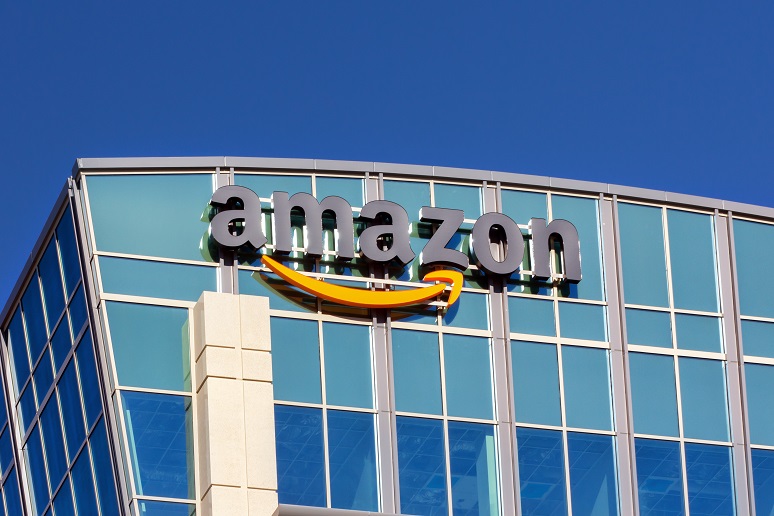At the start of 2021, many workplaces were ready to fling open the doors of their offices and welcome their employees back. Workplace leaders had reconfigured their spaces to balance the demands of social distancing with the opportunities for in-person collaborations, and were just waiting for the go-aheads from various public safety entities. But as the Delta variant upended these plans, many workplaces have changed their tone, shifting their perspective on the future of work.
Tech Companies Pave the Way
CEO Andy Jassy also added a twist to the notion of the hybrid workplace — going to work remotely somewhere else as a break from working at home:
We also know that many people have found the ability to work remotely from a different location for a few weeks at a time inspiring and reenergizing. We want to support this flexibility and will continue to offer those corporate employees, who can work effectively away from the office, the option to work up to four weeks per year fully remote from any location within your country of employment.
This will allow employees greater latitude in where they work and could open up options for employees to hotel in offices other than their home office.
Employees Want Hybrid
A lot of workers are also hoping for a hybrid work approach. A November 2020 survey by commercial real estate services company Jones Lang LaSalle Inc. found that two-thirds of respondents wanted to go to a hybrid working model, one that allowed them to reduce the stresses of daily commutes and still retain the benefits of in-person collaboration with their colleagues.
Gallup’s May 2021 remote worker poll found that the desire to come back to the office varied widely by profession, with 40% of white-collar workers saying they would prefer to continue working remotely because they liked it better. Gallup concluded:
As leaders make important decisions about what happens next, the data suggest that hybrid approaches will be the much safer bet for companies hoping to retain and attract employees in fields where 70% or more of their workers have grown accustomed to working from home, and where a third or more are reluctant to give that up.



